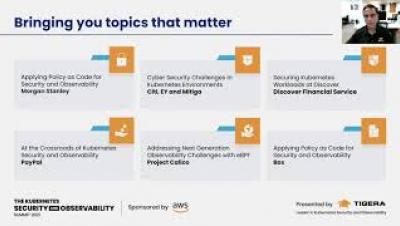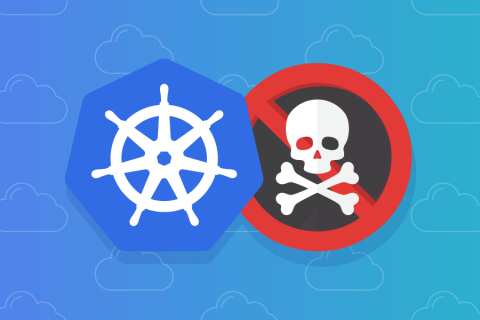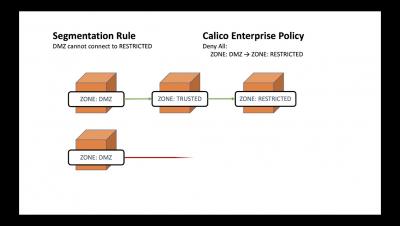Operations | Monitoring | ITSM | DevOps | Cloud
Tigera
Join Us to learn Service Mesh, Observability and Beyond
Ensuring adequate security, observability, & compliance for cloud native applications
Enabling You to Get the Best from AWS: Introducing the New Calico AWS Expert Certification
Calico is the industry standard for Kubernetes networking and security. It offers a proven platform for your workloads across a huge range of environments, including cloud, hybrid, and on-premises. Given this incredibly wide support, why did we decide to create a course specifically about AWS?
CVE-2021-31440: Kubernetes container escape using eBPF
In a recent post by ZDI, researchers found an out-of-bounds access flaw (CVE-2021-31440) in the Linux kernel’s (5.11.15) implementation of the eBPF code verifier: an incorrect register bounds calculation occurs while checking unsigned 32-bit instructions in an eBPF program. The flaw can be leveraged to escalate privileges and execute arbitrary code in the context of the kernel.
What's New in Calico v3.19
We’re excited to announce Calico v3.19.0! This release includes a number of cool new features as well as bug fixes. Thank you to each one of the contributors to this release! For detailed release notes, please go here. Here are some highlights from the release…











